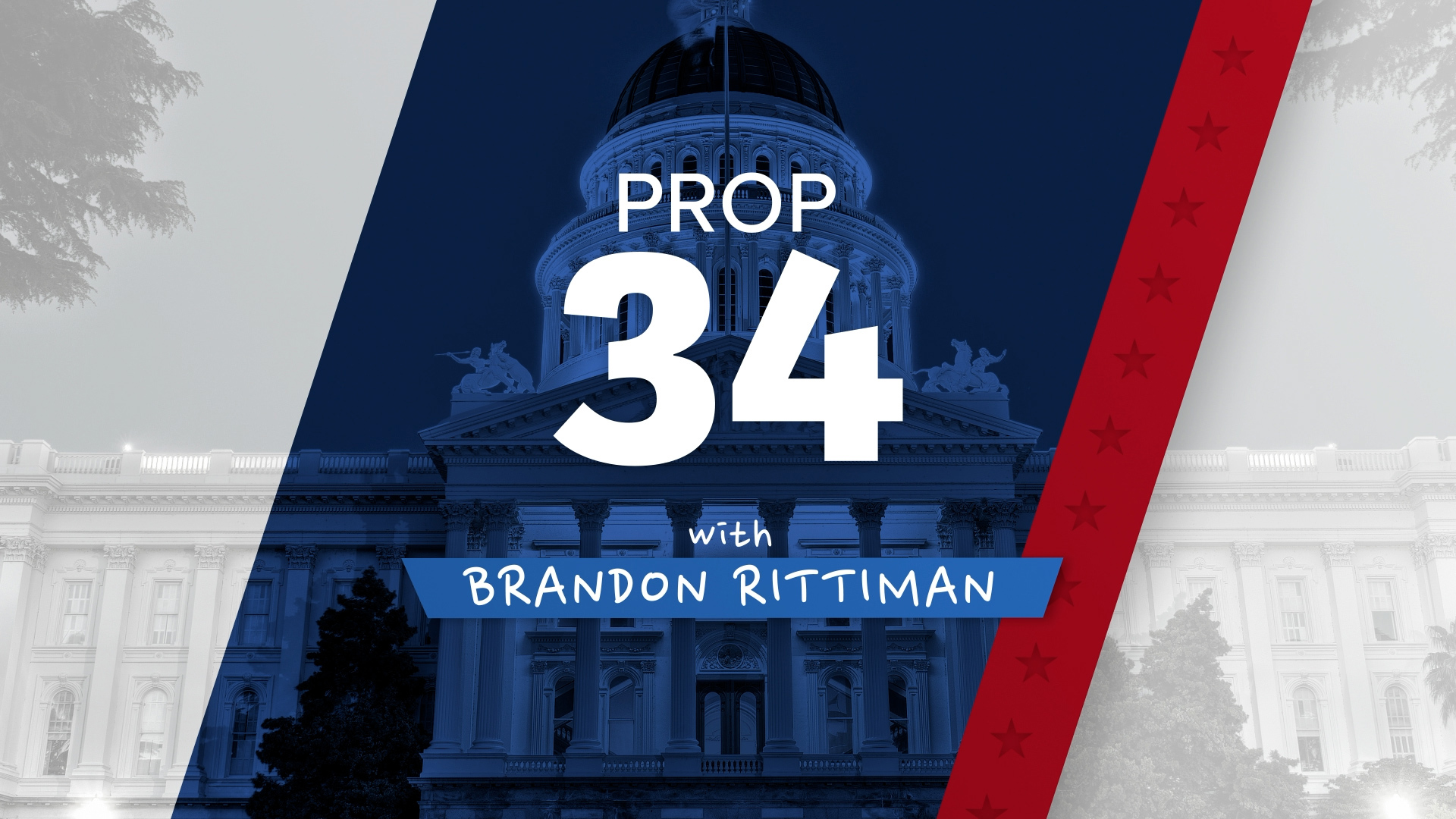SACRAMENTO, Calif. — On Tuesday, Nov. 5, 2024, Californians will vote on 10 statewide ballot propositions. Each would be a new law that needs voter approval to take effect.
One of the state ballot measures, Proposition 34, deals with revenue from prescription drugs but has a narrow application that critics say unjustly targets one organization.
What is Prop 34?
If passed, Prop 34 would require certain healthcare providers to spend 98% of revenues earned through a federal discount prescription drug program on "direct patient care."
The federal program allows certain healthcare providers to get a discount on pharmaceuticals, sell those drugs at retail rates, and use the profits to support healthcare services to their low-income and at-risk patients.
But there are specific criteria that limit who this proposal would apply to. To be subject to the proposed law, organizations would have to have:
- spent over $100,000,000 in a 10-year period on activities other than direct patient care
- operated multifamily housing that has received at least 500 high-severity health and safety violations
Critics and analysts say these criteria would only apply to the AIDS Healthcare Foundation, a well known political enemy of Prop 34's primary funder, the California Apartment Association.
The AIDS Healthcare Foundation has spent tens of millions of dollars to try to pass statewide rent control measures, including Prop 33 on this year's ballot.
Prop 34 would prohibit the foundation from using its revenues from prescription drug discounts to fund political activities.
The proposition also authorizes the state to negotiate Medi-Cal drug prices. The state is already doing this under an executive action by Gov. Gavin Newsom.
The state's legislative analyst says the ballot measure would increase state costs likely in the millions of dollars annually in order to enforce these new rules. Organizations that are impacted by Prop 34 would pay fees to cover those costs, according to the analyst.
Violations of Prop 34 could result in providers losing their state license, tax-exempt status and government contracts.
What does a YES vote on Prop 34 mean?
A YES vote on this measure means certain healthcare providers that serve low-income and at-risk patients must use revenue from drug sales on "direct patient care."
This only applies to providers who meet specific criteria, and critics have argued only one organization in California fits the description: The AIDS Healthcare Foundation.
The foundation has lobbied for multiple housing and rent control measures this year, including Prop 33 on the 2024 ballot. The primary funder of Prop 34 is the California Apartment Association, a political enemy of the foundation's leader, Michael Weinstein.
What does a NO vote on Prop 34 mean?
A NO vote on this measure means California healthcare organizations that serve low-income and at-risk patients can use net revenue from pharmaceutical sales in a wider variety of ways than serving patients directly.
In effect, this means the AIDS Healthcare Foundation could continue using profits from drug sales to fund ballot measures and political efforts it claims would support the foundation's patients.
Who supports Prop 34?
- The ALS Association
- California Chronic Care Coalition
- Latino Heritage Los Angeles
- California Apartment Association
- Howard Jarvis Taxpayers Association
- California Chamber of Commerce
- California Republican Party
The initiative is funded primarily by the California Apartment Association, which has spent more than $44 million to support the ballot measure.
Who opposes Prop 34?
- National Org. for Women
- Consumer Watchdog
- Coalition for Economic Survival
- AIDS Healthcare Foundation
- Dolores Huerta
The AIDS Healthcare Foundation has poured over $7.5 million into opposing the ballot measure. Critics have argued that the ballot measure is designed to specifically target this foundation.
Official Ballot Summary
Requires certain providers to spend 98% of revenues from federal discount prescription drug programs on direct patient care. Authorizes statewide negotiation of Medi-Cal drug prices.
Fiscal Impact: Increased state costs, likely in the millions of dollars annually, to enforce new rules on certain healthcare entities. Affected entities would pay fees to cover these costs.
Supporters: The ALS Association; California Chronic Care Coalition; Latino Heritage Los Angeles
Opponents: National Org. for Women; Consumer Watchdog; Coalition for Economic Survival; AIDS Healthcare Foundation; Dolores Huerta

